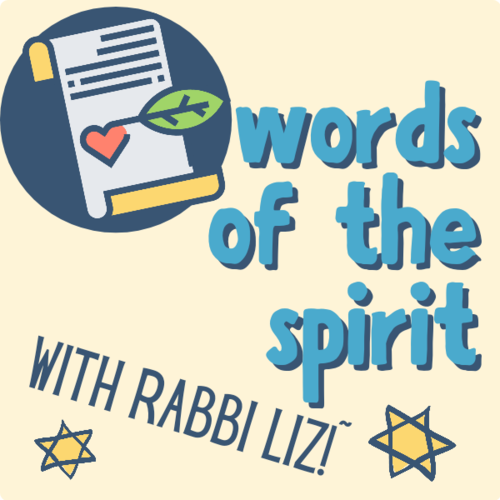Words of the Spirit
DECEMBER’S DATES
We know what we are celebrating this week, through the weekend, and into next week – that perennially less-important-yet-most-highly-vaunted festival on the Jewish calendar, the Festival of Lights.
No matter how it is spelled in English, Hanukkah always falls on the 25th of the Jewish month of Kislev, and therefore near to and sometimes overlapping with that other festival that falls on the 25th of our Gregorian month.
Not to cast shade on many folks’ favourite Jewish holiday, I’m also thinking of a different set of dates, as I do every year at this time. They don’t come with lights, are not exactly festive, yet are, I believe, deeply important.
On December 10, 1948, the Universal Declaration of Human Rights (UDHR) was unanimously approved by the General Assembly of the United Nations, when the United Nations itself was only three years old. The UN Charter included general language regarding fundamental human rights, committing all member states to promote “universal respect for, and observance of, human rights and fundamental freedoms for all.”
A parallel document, the Convention on the Prevention of the Crime of Genocide, passed on another date this month - December 9, 1948. Genocide, such a charged and ominous word, along with the modifier genocidal, has been ringing in my ears and bombarding my eyes these days. Perhaps you too have noted a sharp spike in its use to describe both the horrific attacks by Hamas on October 7, as well as the ongoing Israeli military response.
What strikes me as we approach these two anniversaries this year is less the “rights” and more the “human.” All who study war, all who write in prose or poetry about its horrors, have impressed on me a key factor: the need to render the enemy as not like oneself, in other words not only less deserving of rights but as less than human.
Dehumanization makes it not only far more possible but far more legitimate, even justified, to ravage and destroy other human beings. In a compelling episode of the CBC program Ideas called Dehumanization and War , McGill University professor Rex Brynen says: “When you stop seeing the humanity of people who belong to groups different from your own, civilians become enemies that are less than human — a recipe for war crimes.”
Other voices in the episode note that in the current conflict, we hear rhetoric that describes the other as beasts, as creatures in non-human form. This rhetoric, says Professor David Livingston-Smith, a professor of Philosophy descended from Holocaust survivors, is “disturbingly familiar and extremely dangerous…when we’re dealing with monsters, nothing is out of bounds.”
Among other resources, I’ll be turning to insights from that episode when we gather for our Limmud/study on Human Rights Shabbat on December 16 and encourage you to give the program a thoughtful listen.
In the meantime, this weekend, on the 28th of Kislev, after sunset on Sunday December 10, we’ll be celebrating the fourth night of Hanukkah together. Our hanukkiyot will be halfway kindled – no matter whether you light from left to right or from right to left.
Would that we could shed more light than heat, more spiritual insight than visible illumination, no matter where will align ourselves. Even our sages Hillel and Shammai, who had utterly conflicting views on how to light the candles, operated with mutual respect, their disagreement described as “ for the sake of heaven .”
We light. We study. We gather. We make latkes. We struggle. We survive. We hold up – this month, and every month - the sanctity of human life.
Rabbi Liz







